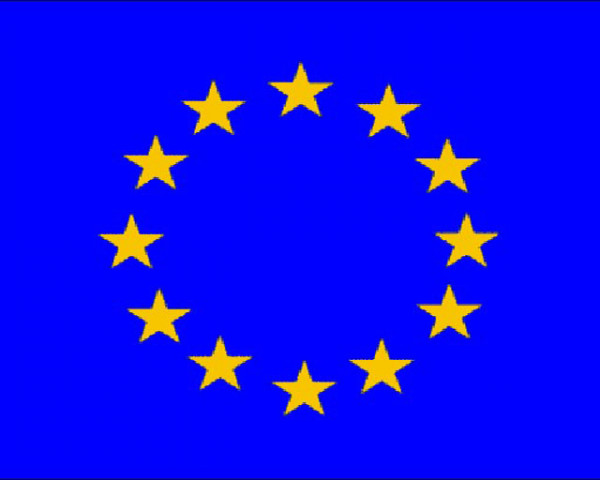‘11 labourers from Pakistan equal 5 from India and 7 from Bangladesh’
The labour in Pakistan is degenerating with 11 men equalling five from India and seven from Bangladesh.

The labour in Pakistan is degenerating with 11 men equalling five from India and seven from Bangladesh.
Shahid Iqbal, from the Institute of Business Management’s economics department, gave these statistics to show why Pakistan is not meeting European Union (EU) standards of trade despite having immense potential.
On Wednesday, several such experts had gathered at a seminar, organised in collaboration with the Hanns Seidel Foundation, Islamabad, to discuss Pakistan’s trade and investment avenues, at the University of Karachi’s Area Study Centre for Europe.
The discussion was led by Ghazi Salahuddin, who focused on developments and dimensions in EU-Pakistan relations. In today’s world where trade is more important than politics, Pakistan’s relations with the EU become crucial as it is our largest trade partner.
Iqbal added that currently Pakistan imports automobiles and technology-intensive products from EU states and is exporting agro-based commodities, textiles, sports goods and seafood.
Dr Zafar Nawaz Jaspal, from the Quaid-e-Azam University Department of International Relations, put forth a comparative analysis of the policies of EU and Pakistan on Iranian nuclear proliferation. One aspect of Pakistan’s policy on Iran suggests a sincere effort to encourage Tehran to abandon its clandestine nuclear weapons programme while another aspect suggests that Islamabad covertly maintains that a nuclear-armed or nuclear-armed and capable Iran would serve Pakistan’s geopolitical interests in the Persian Gulf region. At the same time, Iran and India’s cementing partnership also threatens Pakistan. Quoting the famous saying in international relations “no permanent friend, no permanent foe”, Jaspal advised the government to be watchful of Iran’s increasing military power.
Contrary to the US, the EU holds credibility in the eyes of Pakistanis because of its principled approach towards humanitarian assistance without pushing its own influence in the region, said Dr SM Taha, assistant professor of history at the University of Karachi. Since 1976, EU aid to Pakistan is a negligible amount of 500 million euros but most of it was spent on infrastructure and social development programmes, he said.
Prof Pervaiz Iqbal Cheema, dean faculty of contemporary studies at the National Defence University Islamabad, discussed Pakistan’s prospects as an energy corridor for Iran and Central Asia. The Gwadar port has the potential to serve both as an energy and trade corridor, he said. “This port can help the oil and gas flow from the Gulf and Central Asian states to China and many other destinations in the world,” he said.
He pointed out, however, that the situation in Afghanistan, America’s tense relationship with Iran, India-Pakistan hostile relations and Russia and China’s efforts to keep American influence minimal in Central Asia are the main hurdles that stand between Gwadar becoming a corridor for energy transportation.
Published in The Express Tribune, March 17th, 2011.


















COMMENTS
Comments are moderated and generally will be posted if they are on-topic and not abusive.
For more information, please see our Comments FAQ